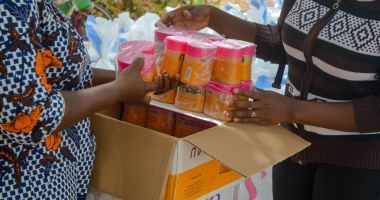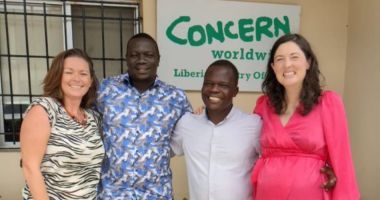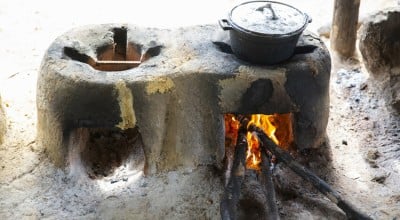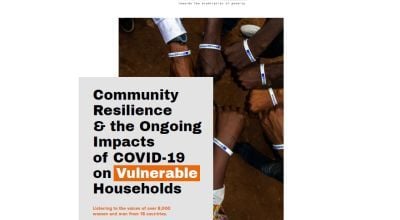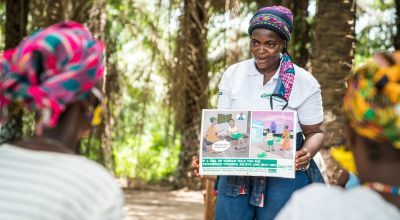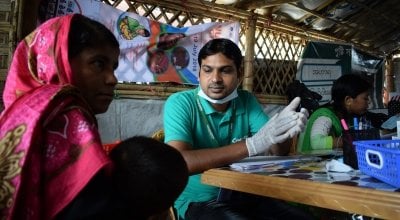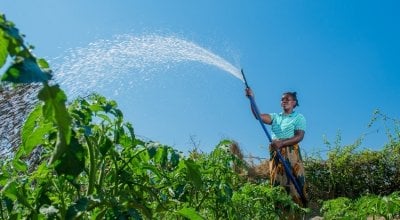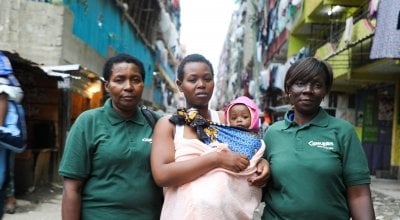
Read our 2024 annual report

Knowledge Hub
Why Liberia? Fourteen years of civil war in Liberia ended in 2003, leaving infrastructure destroyed and the economy shattered. Over 20 years later, more than half of all Liberians still live below the poverty line. Since 1996, Concern has worked in Liberia across health and nutrition, livelihoods, gender equality, education, and emergency response.
A fragile progress towards eradicating poverty
In the two decades following the civil war, millions of Liberians have made tremendous strides in ending poverty. However, there is a stark difference between urban and rural Liberians. A 2023 report from the World Bank reports that roughly 30% of residents in cities like Monrovia are living in poverty, but that number goes up to 80% in rural areas. This disparity is largely due to agricultural losses (driven in part by climate change), which is the predominant livelihood for low-income Liberians.
Liberia consistently ranks among the world’s hungriest countries in the Global Hunger Index, with 47% of Liberians experiencing food insecurity.
Latest from Liberia / Our strategic plan
Latest achievements
Nutrition
We ensured that more than 40,000 children aged 6-23 months received multiple micronutrients. We also reached a further 12,000 adolescent girls and more than 27,000 pregnant women with iron and folic acid supplements.
Healthcare
Food security & livelihoods



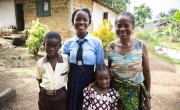
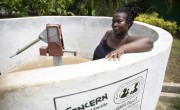
How we’re helping Liberia
We work with the poorest people to fight chronic poverty and establish sustainable resilience in our program communities using local approaches. Our thematic areas are gender equity, health, livelihood and education.
Latest from Liberia
Organisations who fund us

Other ways to help
Corporate support
Is your company interested in working together for a common cause?
Fundraise for Concern
From mountain trekking to marathon running, cake sales to table quizzes, there are lots of ways you can support our work.
Buy a gift
With an extensive range of alternative gifts, we have something to suit everybody.
Leave a gift in your will
Leave the world a better place with a life-changing legacy.
Volunteer with Concern
The lots of ways to get involved with our work as a volunteer
School fundraising
Without the generous support from schools, we wouldn't be able to do the work that we do.




